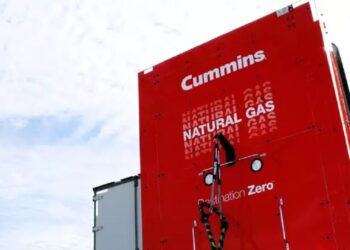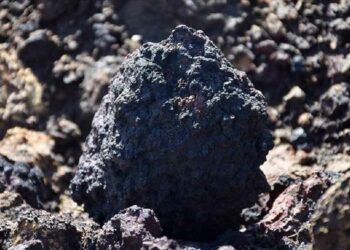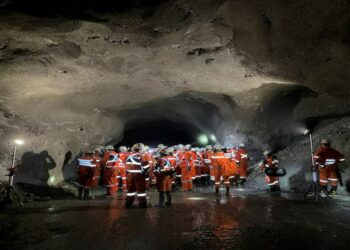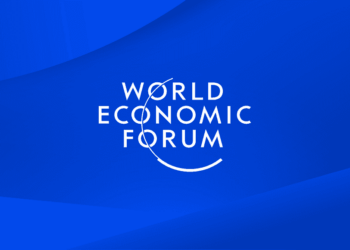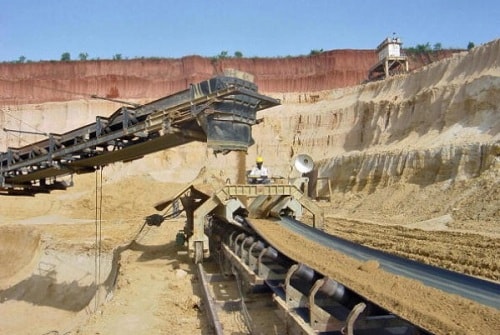Ford is preparing to use blockchain technology to trace supplies of cobalt — a key ingredient for electric car batteries — in a bid to clamp down on labour exploitation.
The US carmaker has teamed up with Korean battery company, LG Chem, and China’s largest cobalt producer, Hayou Cobalt, for the pilot.
The project will be conducted at Huayou’s industrial mine site in the Democratic Republic of Congo (DRC) and will ensure that the in-demand mineral has been ethically sourced.
Using the IBM Blockchain Platform, Ford will trace the mineral through the supply chain as it travels from mine and smelter to LG Chem’s cathode plant and battery plant in South Korea, and then finally into a Ford plant in the United States.
Ford says that this will create “an immutable audit trail” for supplies of cobalt on blockchain, the same technology which supports the cryptocurrency bitcoin.
“We remain committed to transparency across our global supply chain,” said Lisa Drake, vice president of global purchasing and powertrain operations at Ford Motor Company.
“By collaborating with other leading industries in this network, our intent is to use state-of-the-art technology to ensure materials produced for our vehicles will help meet our commitment to protecting human rights and the environment.”
The pilot, which is due to be completed in mi-2019, comes as the latest effort to improve the transparency of global supply chains, particularly in the mining sector.
“With the growing demand for cobalt, this group has come together with clear objectives to illustrate how blockchain can be used for greater assurance around social responsibility in the mining supply chain,” said Manish Chawla, GM of Global Industrial Products Industry at IBM.
“The initial work by these organizations will be used as a precedent for the rest of the industry to be further extended to help ensure transparency around the minerals going into our consumer goods.”
The project will utilise IBM’s Blockchain Platform, which is powered by the Linux Foundation’s Hyperledger Fabric. RCS Global, a UK supply chain audit company, will oversee the pilot.




